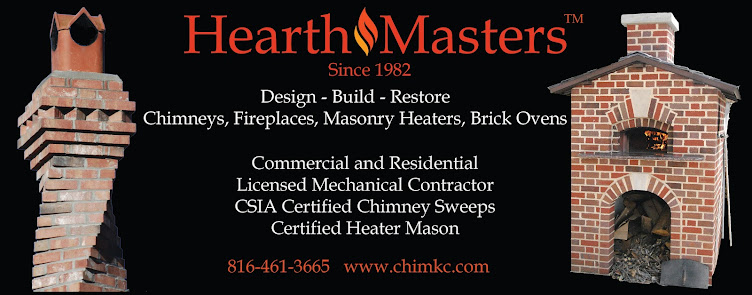Cut utility bills by using wood-heating appliances
One way to cut utility bills during cold weather is to use a
wood-fired heating appliance such as a masonry heater, wood-burning stove, or
wood-burning fireplace insert.
 |
| Masonry Heater by Gene Padgitt |
Today’s modern wood-burning heating appliances are very
efficient and clean-burning, unlike their older predecessors. The Environmental
Protection Agency regulates wood stove emissions and has strict requirements
that stove manufacturers must follow. This is why replacing an older, dirty
burning wood stove is good not only for the environment, but less wood is
needed to produce the same amount of heat.
Wood fuel costs can be significantly less than oil, gas, or
electric heating appliances, especially if there is a nearby supply of
inexpensive or free cordwood. For homeowners with their own land and trees, the concept
of no cost for fuel other than physical exertion is very attractive. For those
wanting to live off-grid, have an emergency heating alternative, or just lower
fuel costs, the addition of a wood-burning appliance is a good solution.
Masonry heaters are arguably the best type of wood-burning
appliance. They use old-world technology which is a series of channels
installed inside the appliance that trap heat, then transfer the heat slowly
through the mass of masonry. Masonry heaters are large and need to be centrally
located for maximum benefit. The Masonry Heater Association of North America
has more information on these efficient site-built appliances.
 |
| Hampton insert by Regency |
Fireplace inserts are appliances that are installed inside
an existing masonry fireplace. They use a small stainless steel flue liner and
can be used either with or without a blower. By installing a new efficient
wood-burning fireplace insert the fireplace efficiency will be increased by
approximately 75%.
Freestanding wood-burning stoves
For more information on fuel cost calculators visit http://www.epa.gov/burnwise/woodstoves.html
